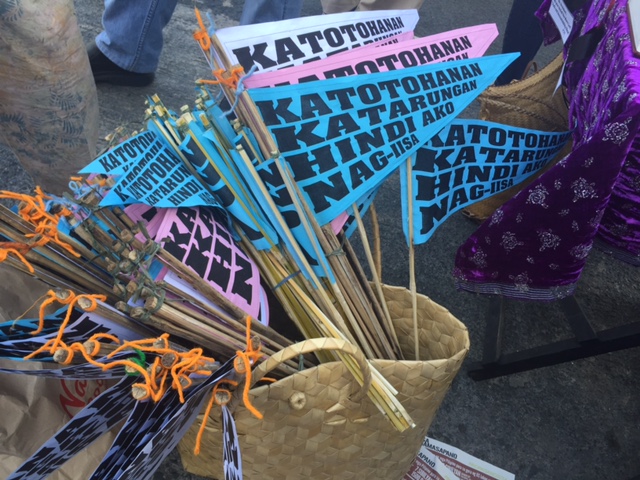The unfairness of the internet
When the broadband cap brouhaha came about during the last week of December, a group of bloggers wrote a petition to “No to broadband cap, yes to #betterinternet in the Philippines”. My good friend, Art Samaniego wrote in his facebook wall that he is “Yes to broadband cap”. I wanted to know his reasons which he gladly obliged. He showed me his post which will come out in the papers next week.
This is Art Samaniego’s position on the broadband internet situation:
I have managed my company’s network for more than seven years and we always have excellent Internet connection until some guys from my own department discovered BitTorrent.
BitTorrent is a file sharing protocol used for distributing large amounts of files. Protocol may sound hitech but it just means rule or standard that enables communication between computers.
Using tools available from the Internet to monitor my network usage, I noticed that more than 70% of my network resources were used by BitTorrent causing my network to suddenly crawl.
Although each computer in the office is connected to the network with just one cable, a very active bittorrent user could easily get 10 to 100 times more bandwidth compared to an ordinary user. This is possible because a bittorrent software could open up 10 to 100 connections as compared to users who are connected with just one when downloading files.
The usual download is made via single connection to a single machine; BitTorrent makes many requests over different connections to different machines, it allows users to get more network resources in the expense of the ordinary users. This is completely unfair that I decided to install a network management and monitoring tool to control the network usage. From then, majority of my users were satisfied with the network’s speed.
My office network is just a microcosm of the Philippine internet network. When my network slowed down, the users demanded an upgrade in bandwidth. No amount of explanation was enough for them because they believe that the only reason why our network is slow is the bandwidth that we have. It did not occur to them that they’re suffering slow internet connection because of the two abusive users that congested the network with movies, music and porn 24-hours a day, 7-days a week. Users demanded that I throw in more bandwidth before I manage the network. Of course the bandwidth is a factor but with Bittorrent running in our network, the bandwidth is immediately consumed as soon as it is available. What’s funny is that the first to raise violent reactions when I announced that a network management scheme would be implemented were the users that would not be affected by it. For them anything that seems to limit their Internet activity is a bad thing no ifs no buts.
The Internet or what we call the information superhighway is like the real highway. Traffic jams would occur when it is not managed efficiently. BitTorrent users are like the abusive bus drivers who use two lanes to drop and pick passengers. They are also the car owners who do not respect their number coding days. If the people assigned to manage EDSA would allow all these to happen, everything would just stop and EDSA would become the biggest parking area in the country. Of course we could always expand EDSA to accommodate more vehicles but for how long? Thousands of vehicles are registered every month in the Philippines; as hundreds of users are connected to the Internet everyday.
And by the way, Japan teaches us a lesson that no matter how much bandwith you add to solve the congestion problem, traffic jam would always be a problem and most of it would be from P2P traffic caused by the likes of BitTorrent. As Zdnet reported in 2008: “P2P applications have managed to turn Japan’s 100 Mbps per home fiber network in to a big traffic jam. The problem has gotten so severe in Japan that the nations ISPs in conjunction with their Government have agreed to ban P2P users who are trafficking copyrighted content.”
A traffic jam of gigantic proportion could paralyze the Philippine information superhighway if we woud not do anything NOW. The proposed broadband cap is just the first step for a quality Internet connection that would benefit the majority of users.
Addendum:
I am not in anyway connected with any Telco in the country and I am not an endorser of any of these telcos’ products or services. Although these Telcos are clients of Manila Bulletin, I am maintaining my editorial independence from the advertising side of the paper. My stand on this issue is based on my personal experience and as the former Systems Administrator and IT Manager of the company, I fully understand the issue.

